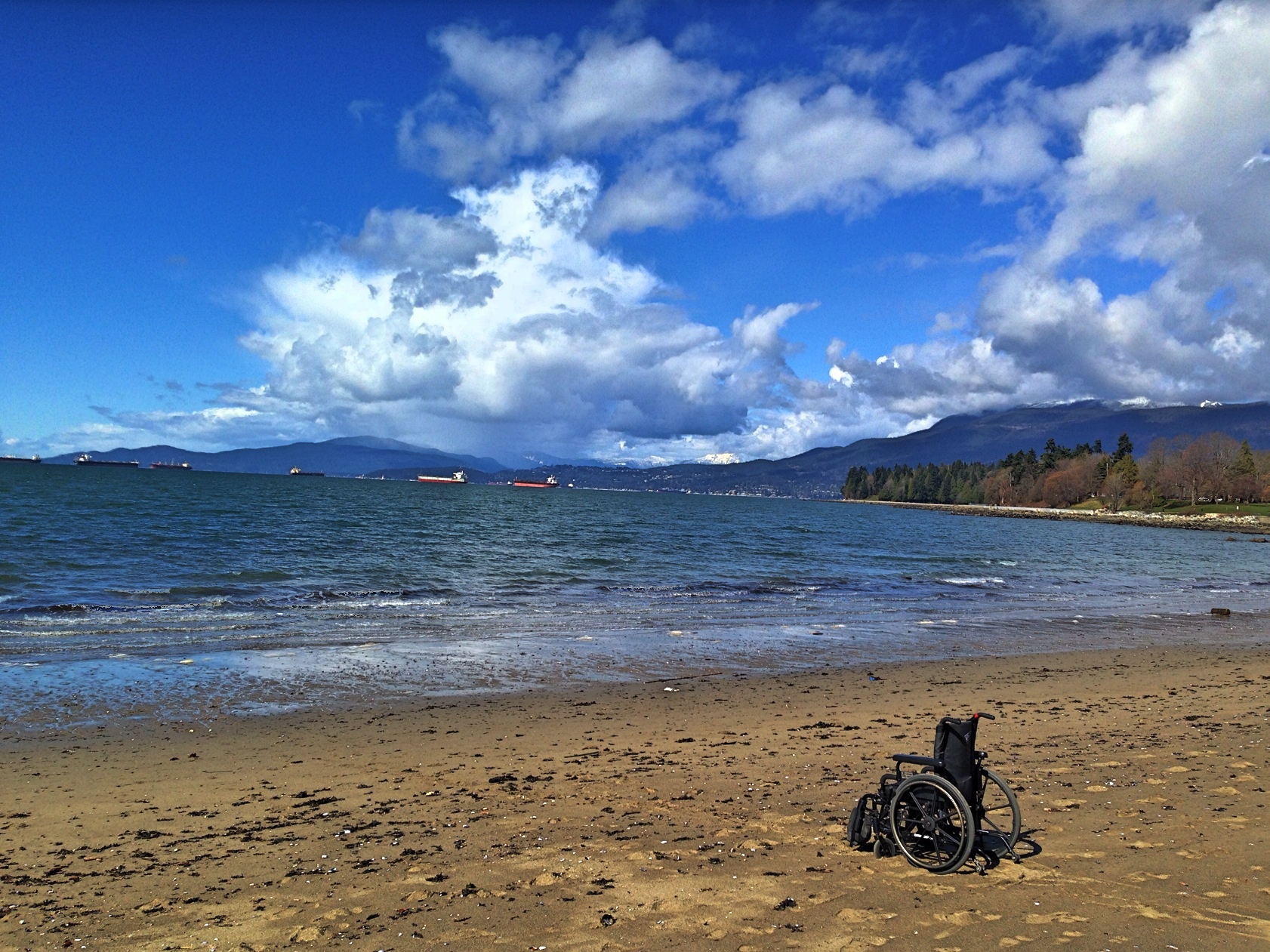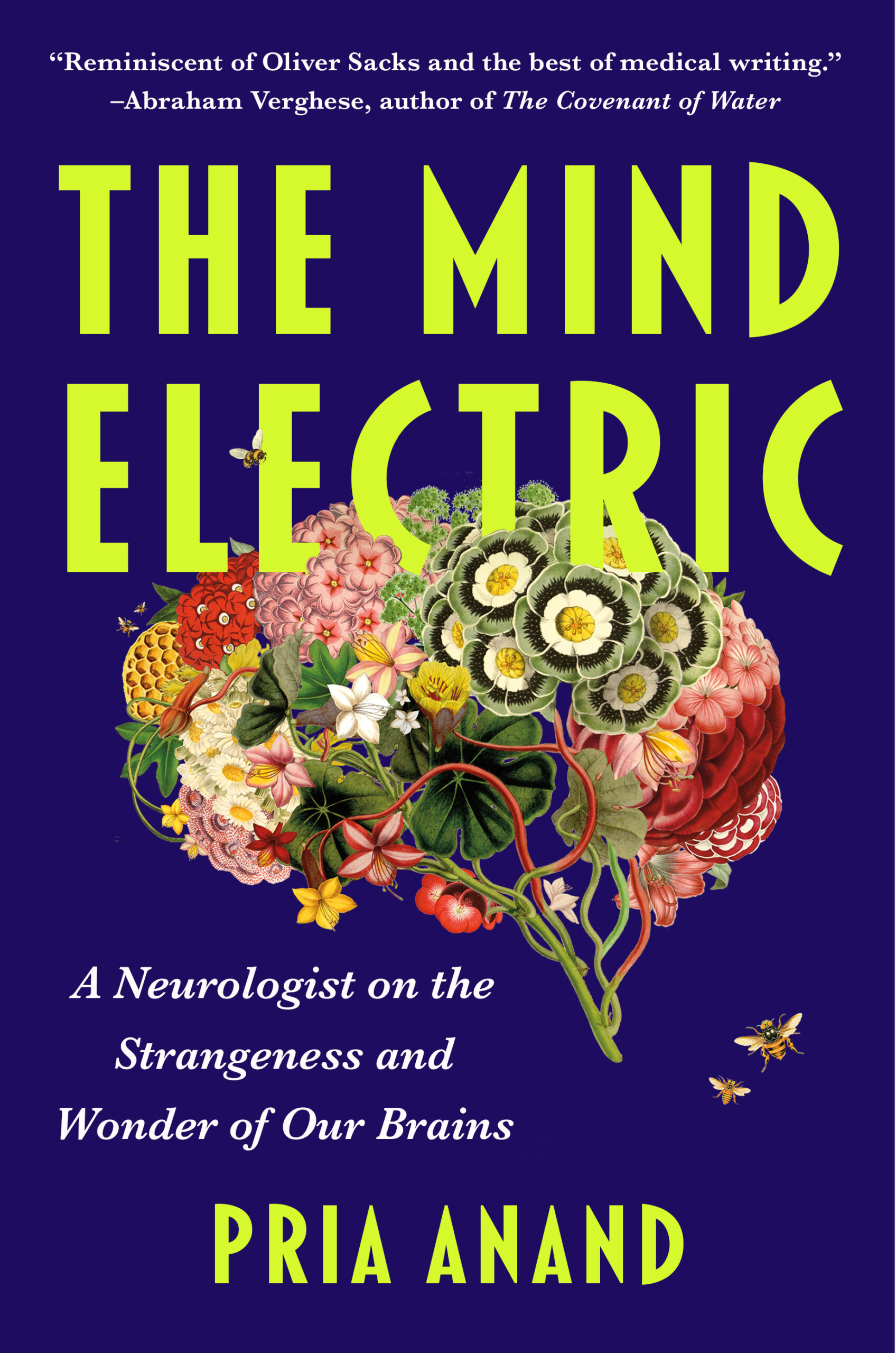By KAREN CHASE
Light falls on ramshackle paint,
blue wooden slats, taxi pink and green tint sky,
fans paddling the outside breeze inside,
as Key West light vanishes into the Gulf.
A pebbled field with Fort Taylor at one edge,
sea at the other, objects undone by waves,
the sea, one forceful foot.
Beach rubble hunting for I don’t know
what debris—broken ship hulk,
washed up mammal part.
My dying friend sits for hours at a picnic table
while I comb, watch wind sling the pelicans.
We had taken the train south
for a tropical rest cure.
I keep going to water to leaven my limbs,
they move, they rise,
but my friend will not walk to it, cross the sand to it.
Clouds for her are closer than any nearby pleasure.
I find a ripped pink balloon
wrapped around a red stick,
examine bones, a lone shoe
waterlogged and black.
I want to walk,
work my arms to the bone,
accumulate muscles, tone my skin.
I was ten once, struck with polio—
couldn’t breathe, couldn’t move.
I’ve been wishing for cures ever since,
ambling slow across the sand,
hunting healing elements,
elated by a broken scrap of anything.
FYI, Jonas Salk, I found one white board intact!
I’m getting confused.
FDR crawling across distant dunes
over an inlet edge, dragging his dead limbs
across the burning sand,
inventing a cure for his paralyzed legs.
Out by the jetty, someone is crawling
towards holy water, Taxol, AZT.
Is heat the
Is water the
Is monkey the
Is sand the
I know it’s not
God’s an idiot
Crawl, soak, pulverize bark, wet your legs
with moisture from a fly catching flower
that grows on ponds’ edges.
The cure I think is wax
or dust or I think it’s pods or no,
it’s bricks
or a certain abrasive molecule of sand
that makes its way to—or maybe resin or
music it’s music or 4 in the mute
godforsaken morning or clangle or clank or
clinking quarters falling from a slot machine.
Now I walk the pelican gleam, the pitching beach,
air moves between Key West and the sea,
slim Australian pines slant like blue poles,
and pine needles quilt the floor, a bed
between car and beach. In the middle of
the street, I’m lost as the wind
picks up and my dying friend sleeps.
Karen Chase is the author of three volumes of poetry and three books of nonfiction. Her collection of personal essays, History Is Embarrassing, will appear in 2024. She and her husband live in Western Massachusetts. Visit her at KarenChase.com.




